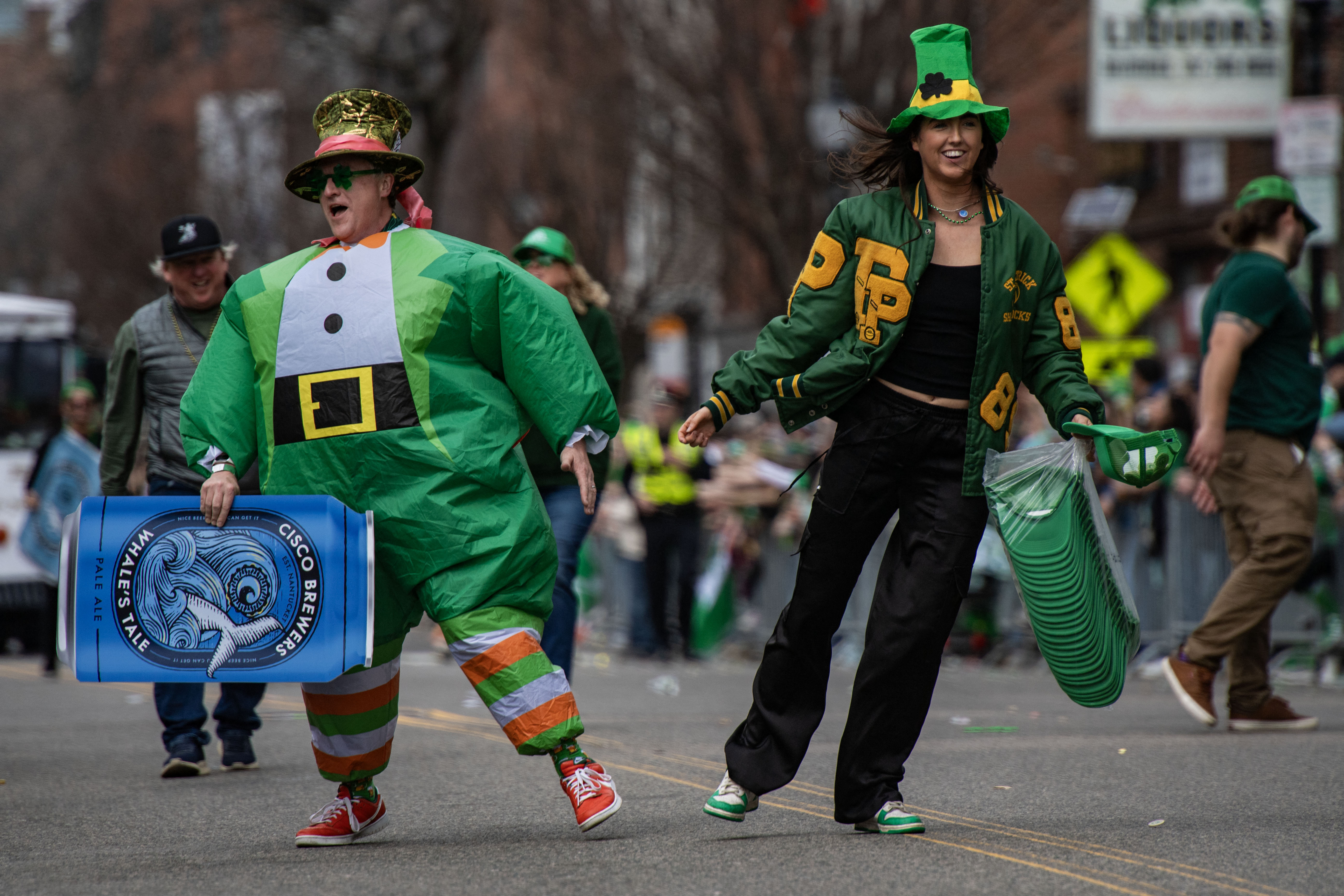Here is everything you need to know about April Fools’ Day, from its mysterious origin to how the BBC once convinced people that spaghetti grows on trees.
April 1st is the day when pranks, hoaxes, and good-natured trickery take center stage.
While it’s not an official holiday, April Fools’ Day is celebrated across the world, with individuals and even major brands joining in on the fun. But where did this tradition of playful deception come from, and what are some of the most iconic pranks ever pulled?
Let’s dive into the fascinating history and highlights of April Fools’ Day.
Watch NBC 4 free wherever you are
The mysterious origins of April Fools’ Day
The exact roots of April Fools’ Day remain unclear, but historians have several theories. One possibility traces back to Ancient Rome, where the festival of Hilaria — Latin for “joyful”— was celebrated in late March. It was a time for games, costumes, and lighthearted mockery.
Get Tri-state area news delivered to your inbox with NBC New York's News Headlines newsletter.
Another popular theory links the tradition to the 16th-century calendar reforms. Pope Gregory XIII ordered Christian nations to adopt the Gregorian calendar in 1582, officially shifting New Year’s Day from late March to its current calendar placeholder of Jan. 1.
However, not everyone got the memo—or refused to accept the change. Those who continued celebrating the old New Year in April were mocked as “April Fools.” In France, a common prank involved placing a paper fish on someone’s back, symbolizing easily caught fish and gullibility, a custom that persists today as Poisson d’Avril (April Fish).
Holidays
From gift guides to local events, we're here to help you celebrate in style
There are even earlier references to similar pranking traditions. A Flemish poem from 1561 describes an April Fool’s prank, suggesting the practice was already well established before tPope Gregory XIII's calendar switch.
The spread and evolution of April Fools’ Day
The tradition had spread throughout Britain by the 18th century, with Scotland even turning it into a two-day affair. Scots played pranks on people by sending them on ridiculous errands and, some claim, inventing the classic “kick me” sign.
Elsewhere, different cultures developed their own superstitions about April Fools’ pranks. For example, successfully fooling someone on April Fools' Day in Greece is thought to bring good luck for the entire year.
Today, April Fools’ Day is a global event. From harmless practical jokes among friends to elaborate corporate hoaxes, the spirit of playful deception lives on.
The most unforgettable April Fools’ Day pranks
Over the years, countless pranks have fooled the masses, sometimes with hilarious and even controversial results. Here are some of the most famous April Fools’ Day hoaxes:
- The Swiss Spaghetti Harvest (1957) – The BBC aired a hoax report claiming that Swiss farmers had successfully grown spaghetti trees. Viewers were so convinced that many called in, asking how they could grow their own spaghetti at home.
- The Erupting Volcano (1974) – A prankster in Alaska set a fire atop Mount Edgecumbe, tricking residents of Sitka into believing the long-dormant volcano was erupting.
- The Pi Recalculation Hoax (1988) – A man posted a satirical article claiming that Alabama’s state legislature had passed a law redefining pi as exactly 3.0 to align with biblical principles. The state received hundreds of outraged phone calls.
- Richard Nixon’s “Re-Election” (1992) – National Public Radio's "Talk of the Nation" program announced Richard Nixon, who in 1974 became the only U.S. president to resign from office, was running for president again, claiming, “I never did anything wrong, and I won’t do it again.” Listeners were horrified—until they realized it was a joke.

Ollie Atkins, White House photographer.
- The Taco Liberty Bell (1996) – Taco Bell ran full-page newspaper ads declaring it had purchased the Liberty Bell and was renaming it the “Taco Liberty Bell.” Angry calls flooded both the company and the National Park Service before the prank was revealed.
Why is April Fools’ Day celebrated today?
Despite its uncertain origins, April Fools’ Day continues to thrive.
Some historians believe that cultures worldwide have long associated the arrival of spring with playful mischief and symbolic role reversals.
The Museum of Hoaxes even suggests that such traditions date back centuries as part of seasonal festivals.
The first day of April remains a time for laughter, surprise, and a little bit of good-natured deception — whether it’s a simple joke among friends or a corporate prank that goes viral.
So, if you find yourself the target of a prank this year, just remember to take it in stride. After all, it’s tradition!



